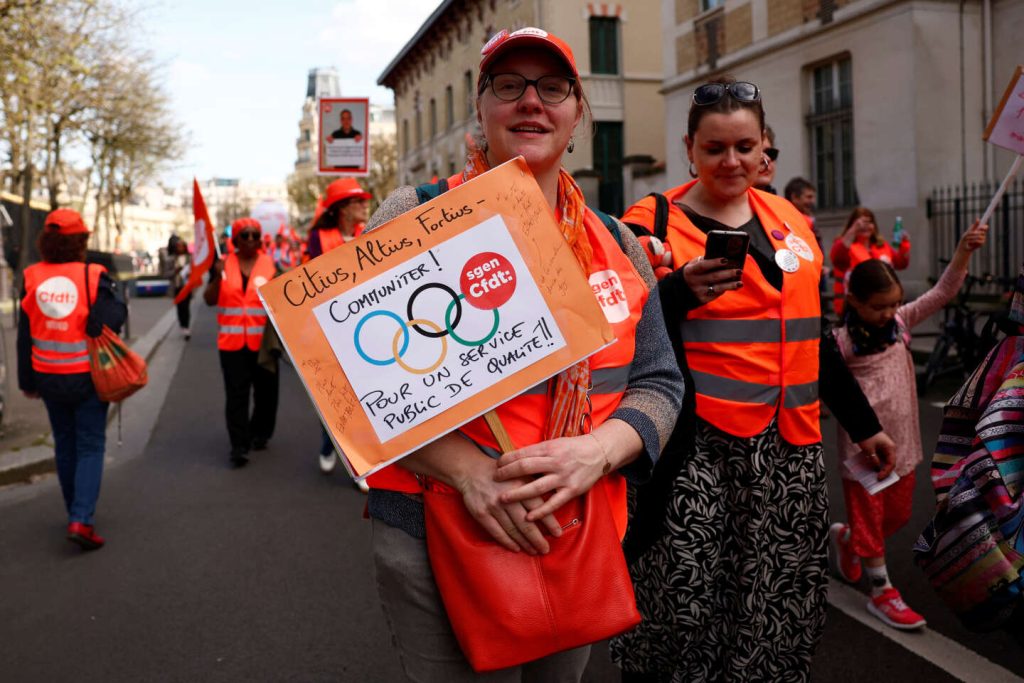For over a month, thousands of teachers, students, and parents in Seine-Saint-Denis have been mobilizing to demand proper staffing, functional facilities, and buildings without water leaks. In Le Mans, hospital emergency teams have been on strike for decent care for their psychiatric patients. At the same time, railway workers and environmental activists are raising their voices in defense of railway freight. These protests share a common feeling of being at a breaking point, seeking nothing more than decency in working conditions and respect for the basic rights of users. Beyond their individual demands, they express a nationwide commitment to the universal role of public services and rejection of the increasing social divide where public services are becoming services for the poor.
The shift towards a dual society has been ongoing for decades. Despite a growing population and increased demands such as higher rates of youth pursuing education, rising chronic illnesses, and climate emergencies, public services have not received the necessary resources to meet these needs. This has resulted in a growing gap between the needs of the population and the resources available in public schools, hospitals, and the justice system, leading to the development of private services. Private schools have seen an increase in the proportion of children from educated parents, while private for-profit clinics focus on profitable, planned procedures, leaving public hospitals to handle emergencies, critical care, and care for vulnerable patients. This trend is evident across all sectors, including transportation, justice, and social security.
These transformations extend beyond deteriorating working and service conditions. When a portion of the population can opt out of public services, the nature of the entire system changes. When public services cater only to the less affluent, they become a lesser form of service. This leads to a society with two tiers, where public services are limited and inaccessible to the less fortunate, requiring staff to prioritize classifying and controlling rather than supporting, while those with means can access paid services that may not guarantee quality, as seen in recent scandals in nursing homes and private daycare centers. This contributes to the creation of a society with unequal access to essential services, exacerbating social divisions.
The protests in Seine-Saint-Denis and Le Mans highlight the urgent need for adequate resources and support for public services, reflecting a nationwide concern for the universal importance of these services. The failure to keep up with the evolving needs of the population has resulted in a widening gap between demand and supply, leading to the privatization of essential services. This trend towards dualizing society not only impacts working conditions and quality of care but also exacerbates inequalities and access to services based on socio-economic status. The current trajectory risks creating a society with unequal access to essential services, where public services cater to the less privileged while those who can afford it turn to private, potentially unregulated service providers.
The call for a renewed focus on public services is not just about demanding better conditions for workers and users, but also about preserving the universal nature of these services. The privatization and erosion of public services not only affect the quality of care and support provided but also deepen social divides and create a two-tiered society where essential services become increasingly inaccessible to those who need them most. It is a call for a recommitment to the principles of public services, ensuring that they remain accessible, equitable, and of high quality for all members of society, regardless of their socio-economic status.


